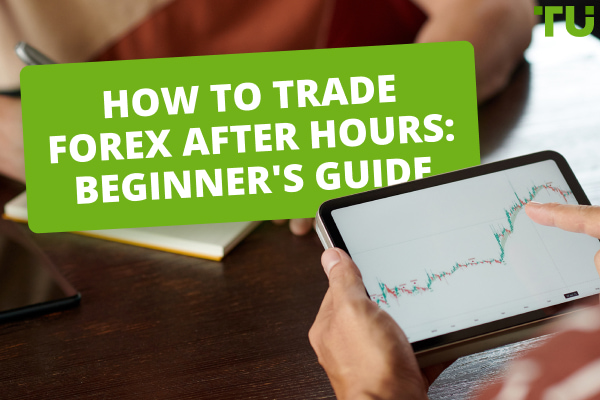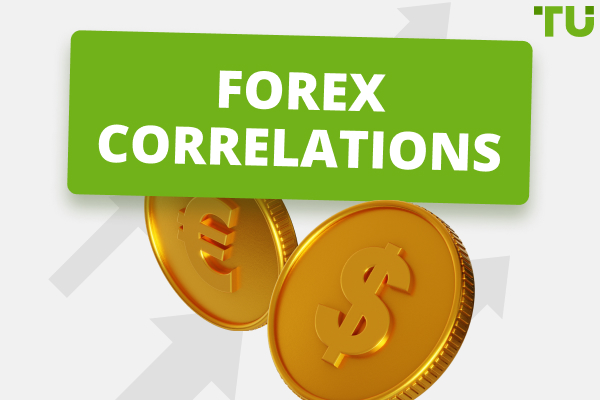Theoretical part of the research
In the beginning of their research, Traders Union analysts learned what leverage is and what levels of leverage are most frequently offered by the brokers for trading in the Forex market.
Leverage allows traders to use borrowed funds to buy an investment instrument. In the case of Forex trading, borrowed funds are provided by the broker. Availability of high leverage allows traders to manage large amounts of funds in the market, while having small own capital, used to cover the margin requirements. For example, in order to trade one standard lot in the Forex market, which is 100,000 units of base currency, without the use of leverage, a trader needs to deposit an amount equivalent to 100,000 units of base currency. In case leverage 1:100 is used, a deposit in the amount of 1,000 units of base currency will be enough for opening a trade.
In order to calculate the size of leverage, you need to divide the total amount of the trade by the required margin amount.
Trading with leverage is also often called margin trading. Margin trading does not always carry high risks, as you can achieve their substantial reduction with the right capital management. For this, you need to consider the percentage of own capital used in trade, i.e. the actual leverage, not leverage offered by the broker.
In order to calculate the actual leverage, you need to divide total value of open trades by your own trading capital.
The majority of traders refrain from using their entire equity in trading, which is why leverage provided by the broker often differs from actual leverage used by the trader.
Highest leverage most frequently offered by Forex brokers are available in the table below:
| Trading leverage |
Required margin (percentage) |
1:1000 |
0.10% |
1:500 |
0.20% |
1:400 |
0.25% |
1:200 |
0.50% |
1:100 |
1.00% |
1:50 |
2.00% |
1:20 |
5% |
👍 The benefits of using leverage are as follows:
•Substantial increase of profitability through a possibility of opening large positions.
•Opening of large positions without the need to make a large deposit.
•High leverage allows for using a larger number of trading instruments or different trading strategies, as the margin that is maintained will be lower the higher the leverage.
•Use of leverage is free for traders.
👎 The drawbacks of using leverage are as follows:
•Possible loss of the entire deposit if the price moves in the opposite direction from the opened position.
•Margin requirements can force a trader to increase their own equity or close a position at an unsuitable moment.
•It is impossible to set Stop Loss at an appropriate level when using high leverage.
•Transaction expenses can have a negative impact on the trader’s deposit if he/she uses high leverage.
As we mentioned above, the biggest advantage of leverage is also its biggest drawback, because the higher the actual leverage the more impact it has on the final result of the transaction, whether it is a profit or a loss. For example, based on average daily volatility of currency pairs, which reaches 1% a day, a conclusion can be drawn that a trader can open a trade worth 1 standard lot and double his/her deposit within one day, having 1,000 units of base currency and using leverage 1:100. If the situation is unfavorable for a trader, the entire deposit can be lost. At the same time, having 1,000 units of base currency and not using leverage, a trader can open a trade for an amount of no more than 0.01 lot, although the loss will also be limited to this amount. Therefore, leverage has an equal impact on possible profit and loss, proportionally increasing or reducing these values depending on the level of leverage that is being used.
Note:
Traders Union experts note that when choosing actual trading leverage, a trader needs to take into consideration such factors as possible gaps, spread, and a possibility that the broker can change maximum leverage at specific moments of the trading session. Also noteworthy, when a trader uses Forex leverage, the broker’s commissions and swaps change proportionally to trading leverage that is being used and can considerably impact the trade deposit.












